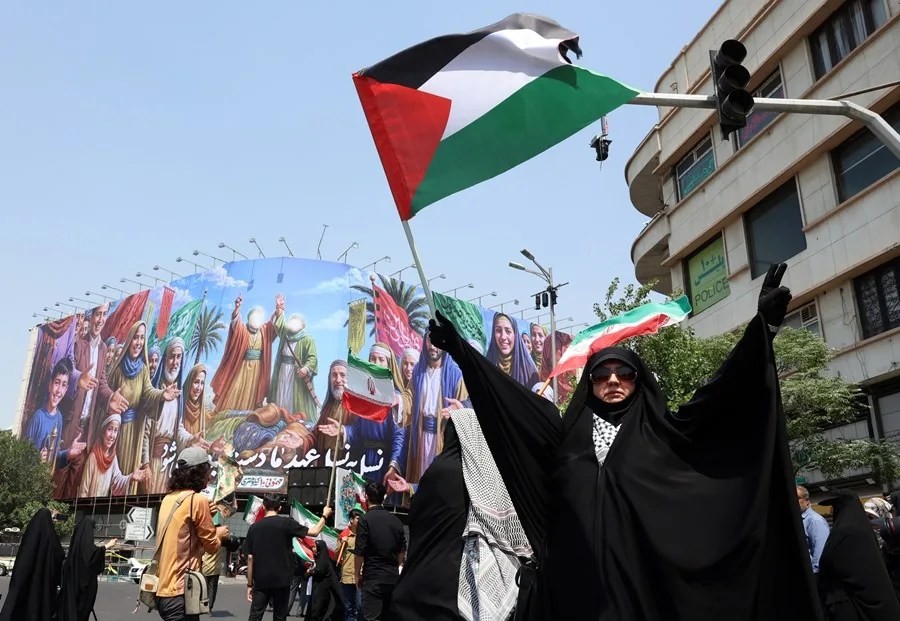Iran’s Mass Arrests Amid War with Israel Reveal Regime’s Reckless Repression
During a brutal 12-day war with Israel, Iran’s regime detained over 21,000 citizens under the guise of national security—exposing an alarming escalation in state repression that threatens regional stability and U.S. interests.

As missiles flew between Iran and Israel during their recent 12-day conflict, Tehran didn’t just wage war on a distant front—it unleashed a sweeping crackdown at home, detaining more than 21,000 people labeled as “suspects.” This staggering figure, confirmed by Iranian police spokesperson Brigadier General Saeed Montazeralmahdi, exposes not only the regime’s paranoia but its prioritization of internal control over genuine security concerns.
Between June 13 and June 24, as Iran fired missiles and drones daily into Israeli territory in retaliation for targeted Israeli strikes on Iranian military and nuclear sites, the Islamic Republic doubled down on suppressing dissent. More than a thousand Iranians died in these attacks—not casualties of foreign enemies alone but victims of a regime increasingly obsessed with silencing any perceived opposition at home.
Is Tehran Using War as an Excuse for Ruthless Repression?
Reportedly acting on nearly 8,000 citizen tips reporting suspicious behavior, Iranian authorities arrested thousands without transparent charges or due process. How many remain imprisoned? How many face fabricated accusations? These questions remain unanswered because Iran’s opaque judiciary shields the truth from both its people and the world.
Notably, the judiciary announced arrests of alleged Israeli spies—operatives of Mossad—but also admitted releasing some without charges. Meanwhile, at least six prisoners have been executed for supposed collaboration with Israeli intelligence since the conflict began. Whether these executions serve justice or fuel political terror is hard to discern amid Tehran’s secretive operations.
America’s Interest: Unmasking Tehran’s Tyranny Fuels National Security
This wave of arrests illustrates Tehran’s chronic instability—a threat that extends far beyond Middle Eastern borders. When a regime uses war as cover to crush domestic freedom and amplify fear among its own citizens, it proves unfit to be trusted on the global stage. Such actions destabilize not only Iran but also the delicate balance in our strategic region.
The United States must see through Iran’s smokescreen—highlighting how authoritarian crackdowns coincide with aggressive military adventurism aimed at undermining American allies like Israel. The partnership between Washington and Tel Aviv stands as a bulwark against tyrants who threaten global order and American sovereignty.
Washington should intensify pressure on Tehran—not only through sanctions targeting nuclear ambitions but also by exposing human rights abuses hidden beneath state propaganda. For families already burdened by economic uncertainty, empowering freedom abroad means safeguarding liberty here at home.
The question remains: will policymakers continue to turn a blind eye while Iran jails tens of thousands during conflicts it instigates? Or will America stand firm for freedom—holding rogue regimes accountable for both their external aggression and internal tyranny?
